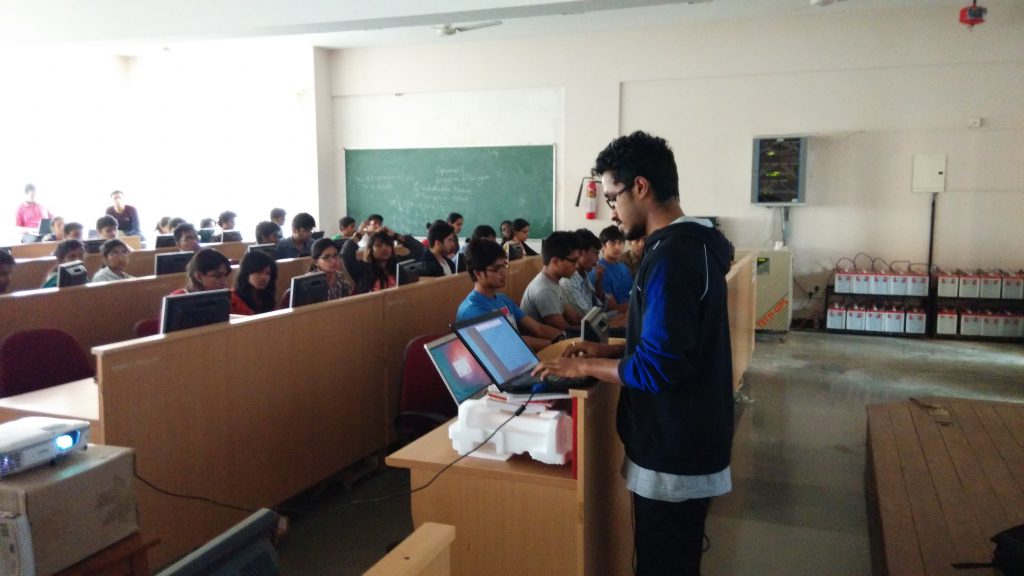
Diploma in Computer Science 2 year
🎓 Diploma in Computer Science (2 Years)
⏳ Duration:
-
2 Years (Full-Time)
-
Divided into Year 1 and Year 2, no semester system.
🎯 Course Objective:
To provide foundational and applied knowledge in computer science and IT, enabling students to become proficient in programming, networking, databases, and software development.
🛠️ Labs and Practical Training
Each year includes lab sessions to reinforce theoretical knowledge:
-
C/C++ Programming Lab
-
DBMS Lab (using MySQL)
-
Networking Lab (cabling, configuration)
-
Web Development Lab
-
Linux Lab
🎓 Eligibility:
-
Completion of 10th grade (SSC/Matric) or equivalent.
-
Basic understanding of English and mathematics is helpful.
👨💻 Career Opportunities After Diploma
-
Junior Software Developer
-
Web Developer
-
Database Assistant
-
Network Technician
-
Computer Operator
-
IT Support Assistant
-
Further study (e.g., B.Sc. IT, BCA, B.Tech Lateral Entry)
📘 Year 1: Foundation of Computer Science
1. Computer Fundamentals
-
Introduction to computers
-
History and generations of computers
-
Types of computers
-
Hardware vs software
-
Number systems (binary, octal, hexadecimal)
2. Programming in C / C++
-
Variables, data types
-
Operators and expressions
-
Control structures (if, switch, loops)
-
Functions and recursion
-
Arrays and strings
-
Pointers and structures
-
File handling basics
3. Mathematics for Computing
-
Basic algebra
-
Matrix operations
-
Sets and logic
-
Boolean algebra
-
Graphs and trees (basics)
4. Digital Electronics
-
Logic gates
-
Flip-flops and counters
-
Combinational and sequential circuits
-
Number systems and conversions
5. Office Automation Tools
-
MS Word, Excel, PowerPoint
-
Internet basics
-
Email and online collaboration tools
6. Communication Skills
-
English grammar and usage
-
Technical writing
-
Presentation skills
📘 Year 2: Applied Computer Science and Specialization
1. Data Structures
-
Arrays, stacks, queues
-
Linked lists
-
Trees and graphs
-
Sorting and searching algorithms
2. Database Management Systems (DBMS)
-
Introduction to databases
-
ER models and normalization
-
SQL commands
-
Relational model
-
Introduction to MySQL or Oracle
3. Web Development
-
HTML, CSS
-
JavaScript basics
-
Introduction to web hosting
-
Basic PHP or Python with web
4. Operating Systems
-
Functions of OS
-
Process and memory management
-
File systems
-
Introduction to Linux/UNIX
5. Computer Networks
-
Types of networks (LAN, WAN)
-
OSI and TCP/IP models
-
IP addressing and subnetting
-
Basic networking hardware
6. Project Work / Internship
-
Small software or web-based project
-
Documentation and presentation

